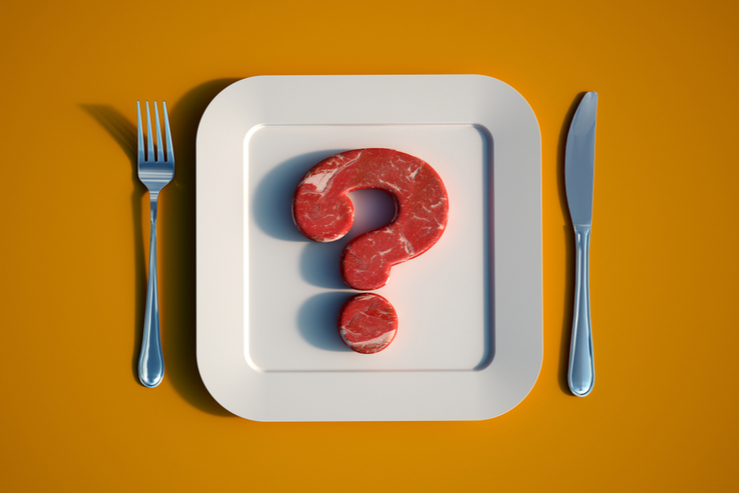At Mercola.com, Dr. Joseph Mercola tells readers that the idea that lab-grown “meat” is a viable replacement for the real thing is all a lie. He writes:
Lab-grown, or cultured, meat is being promoted as the wave of the future — the “green, sustainable” way to eat. No animal suffering, no greenhouse gas emissions, just meat-like protein that will taste like the burgers and steaks you’re used to. Too bad it’s all a lie.
Beneath the greenwashed façade, the promises of lab-grown meat fall flat. Lab-grown meats are not about your health or the environment’s; they’re a tool to phase out farmers and ranchers and replace them with an ultraprocessed product controlled by patents.
Importantly, even if cultured meats aren’t toxic per se, they’re ultraprocessed products1 and therefore likely to cause health problems similar to those caused by other ultraprocessed foods, such as obesity,2 cardiovascular diseases, Type-2 diabetes, metabolic syndrome, irritable bowel syndrome, cancer,3 mental health problems4 and increased all-cause mortality.5,6,7,8,9
On top of that, they’re more harmful for the environment than conventional ranching. Since synthetic biology relies on genetically engineered (GE) monoculture, it creates the very things they claim to counteract, namely environmental degradation that promotes climate change.
Synthetic Biology Is Made With Junk Food Ingredients
In the video above, Alan Lewis, vice president of government affairs for Natural Grocers, reviews what goes into the making of synthetic biology. Synthetic biology goes by many names, including “gene edited fermentation” and “precision fermentation products.”
While that sounds fairly innocuous, synthetic biology manufacturers rarely ever discuss what goes into the feed they use to grow the target organism, or what happens to the waste at the end of the fermentation process. That’s understandable, as both raise a number of serious questions.
As explained by Lewis, the starting ingredients in fermented synthetic biology products are cheap sugars derived from genetically engineered corn and soy. All GE crops are grown in environmentally destructive monocultures with taxpayer subsidies, and use loads of herbicides such as glyphosate, pesticides like neonicotinoids, and synthetic fertilizers.
As a result, they’re loaded with chemical residues. In addition to a base of sugars, hundreds of other ingredients may be added to the ferment in order to produce the desired end product, such as a certain protein, color, flavor or scent.
As explained by Lewis, the most-often used microorganism in the fermentation process is E. coli. The E. coli is gene-edited to produce the desired compound through its digestive process.
The microorganism must also be antibiotic-resistant, since it needs to survive the antibiotics used to kill off other undesirable organisms in the vat. As a result, antibiotic-resistant organisms also become integrated into the final product, and the types of foodborne illness that might be caused by gene-edited antibiotic-resistant E. coli and its metabolites are anyone’s guess. Nobody knows what such illness might look like.
Cultured Meat Produces Toxic Biowaste
Aside from the desired target metabolite, these gene-edited organisms may also be spitting out any number of non-target metabolites with unknown environmental consequences and health effects.
As explained by Lewis, the various “feed” ingredients are placed in a fermentation bioreactor set at 87 to 90 degrees Fahrenheit for anywhere from 24 to hundreds of hours to grow the target microorganism. The target organisms in the ferment consume the nutrients they need, and what’s left over after those organisms are extracted is hazardous biowaste.
While traditional fermentation processes, such as the making of beer, produce waste products that are edible by animals, compostable and pose no biohazard, the biowaste from these synthetic biology ferments must first be deactivated, and then must be securely disposed of. It cannot go into a landfill. Making food that produces hazardous biowaste is hardly a sustainable model.
If you’re willing to fight for Main Street America, click here to sign up for the Richardcyoung.com free weekly email.






